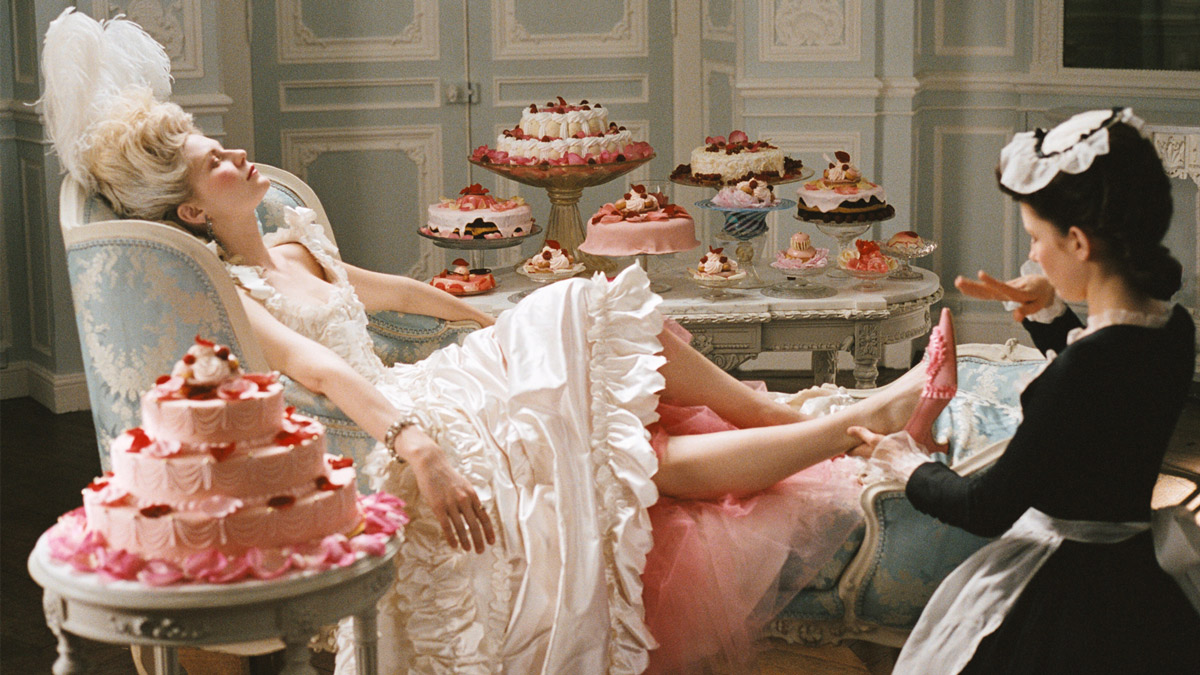2023.03.22
emotional journey
"It's a great book. It's not a dry historical drama, it's full of life." (Sofia Coppola) *2
According to Antonia Fraser, the original author of this film, Sofia Coppola was most fascinated by the episode of the "handover ceremony". After reading the original novel at the recommendation of her mother Eleanor Coppola, Sofia Coppola began working on this film after the release of her debut feature film, " The Virgin Suicides " (1999). Despite frequent contact with the original author, the project was temporarily suspended due to the filming of " Lost in Translation " (2003). However, after " Lost in Translation " won the Academy Award for Best Original Screenplay, Sofia Coppola was allowed to spend a large budget and returned to her long-cherished project. Antonia Fraser, who was originally a fan of " The Virgin Suicides ", praised Sofia Coppola as a "promise-keeper" and basically respected her choice.
“Lost in Translation” preview
``I wrote a great book, so I told her to make a great movie.'' (Antonia Fraser)*3
As the original title of the book has the word "Journey" in it, this film is about a girl's emotional journey, her drifting emotions. Sofia Coppola faithfully follows the spirit of the book. Like Marie Antoinette, who was so moved by the play that she couldn't help but applaud, she directly expresses her emotions at the time, regardless of the rules of the situation.
Elegance as well as tragedy! Flowers and music as well as revolution! This film shines a spotlight on Marie Antoinette as a creator of fashion and her style.


